syn·site
in Johanna Flato's terms: an ever-evolving conceptual constellation, an entangled situating crystallized from a myriad of fragmented realities. Simultaneity and singularities dance in a swirling waltz of intertwined moments and spaces, each adding to the cacophony and harmony of this complex site. A syn-site is a living, breathing tapestry of the world, constantly rewriting its own narrative, always open to edits, always challenging what we have come to accept as static or fixed. It is a manifestation of a world that is anything but singular or isolated — it is a world that is complex, interwoven, and infinitely entangled.
in Johanna Flato's terms: an ever-evolving conceptual constellation, an entangled situating crystallized from a myriad of fragmented realities. Simultaneity and singularities dance in a swirling waltz of intertwined moments and spaces, each adding to the cacophony and harmony of this complex site. A syn-site is a living, breathing tapestry of the world, constantly rewriting its own narrative, always open to edits, always challenging what we have come to accept as static or fixed. It is a manifestation of a world that is anything but singular or isolated — it is a world that is complex, interwoven, and infinitely entangled.
SYN (along with, at the same time | from Greek SYN, with | ~SYNTHETIC) + SITE (N: point of event, occupied space, internet address; V: to place in position | from Latin SITUS, location, idleness, forgetfulness | ~WEBSITE ¬cite ¬sight), cf. SITE/NON-SITE (from Robert Smithson, A PROVISIONAL THEORY OF NONSITES, 1968)
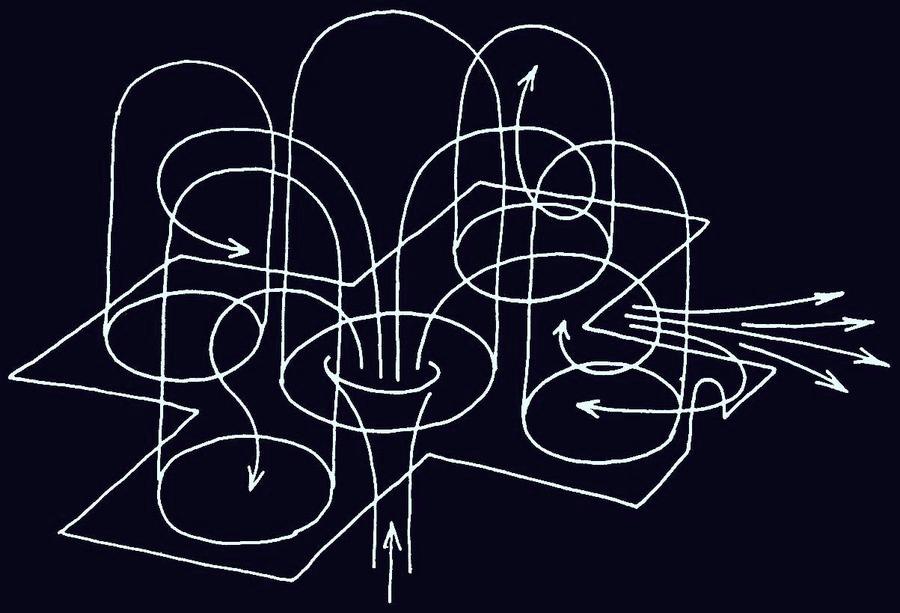





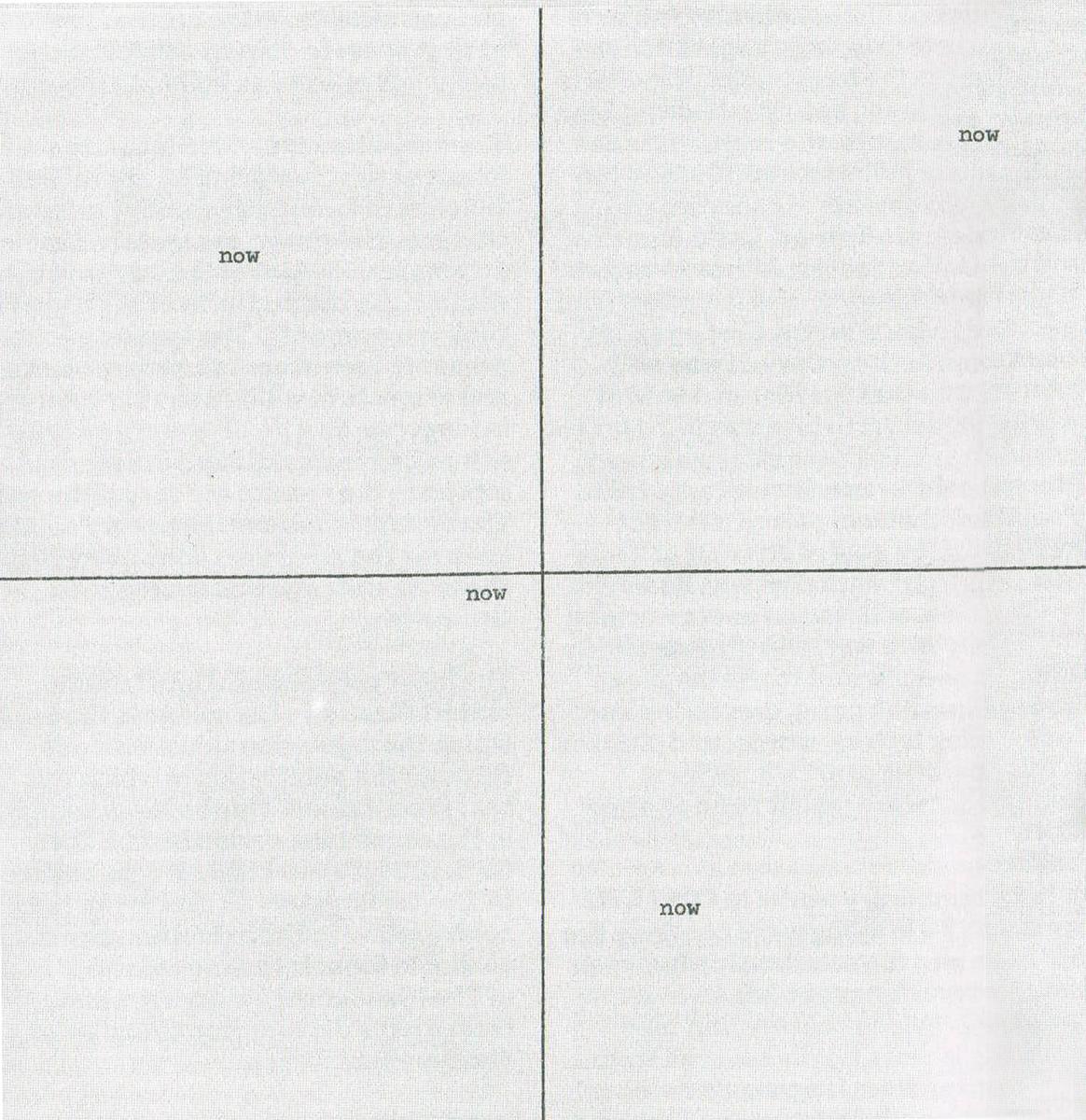


“Glitch” is conjectured as finding its etymological roots in the Yiddish glitch (“slippery area”) or perhaps German glitschen (“to slip, slide”); it is this slip and slide that the glitch makes plausible, a swim in the liminal, a trans-formation, across selfdoms.
“Glitch” is conjectured as finding its etymological roots in the Yiddish glitch (“slippery area”) or perhaps German glitschen (“to slip, slide”); it is this slip and slide that the glitch makes plausible, a swim in the liminal, a trans-formation, across selfdoms.
“Glitch” is conjectured as finding its etymological roots in the Yiddish glitch (“slippery area”) or perhaps German glitschen (“to slip, slide”); it is this slip and slide that the glitch makes plausible, a swim in the liminal, a trans-formation, across selfdoms.
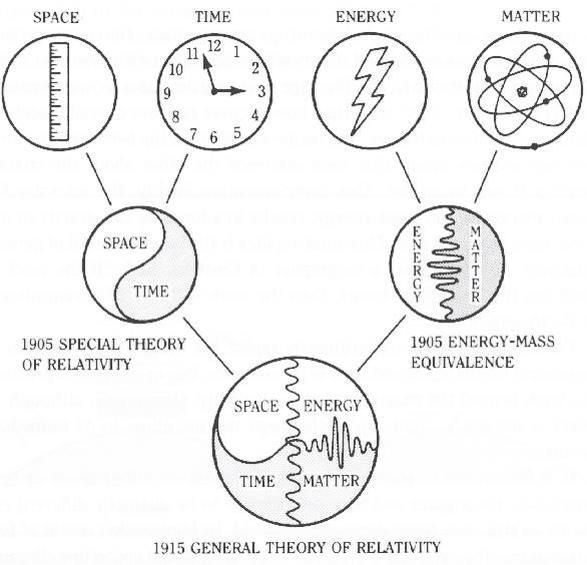


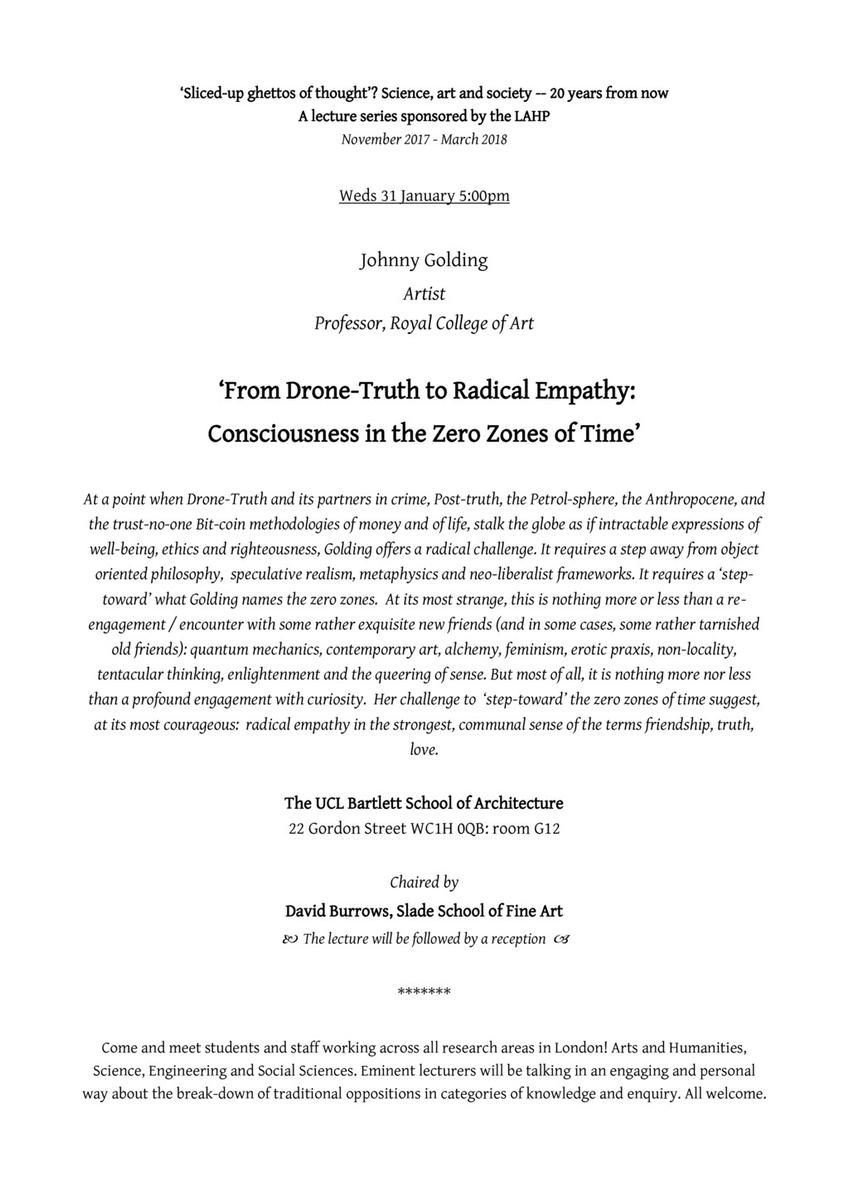





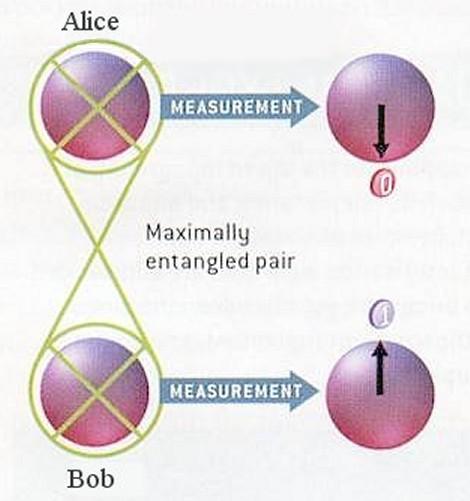


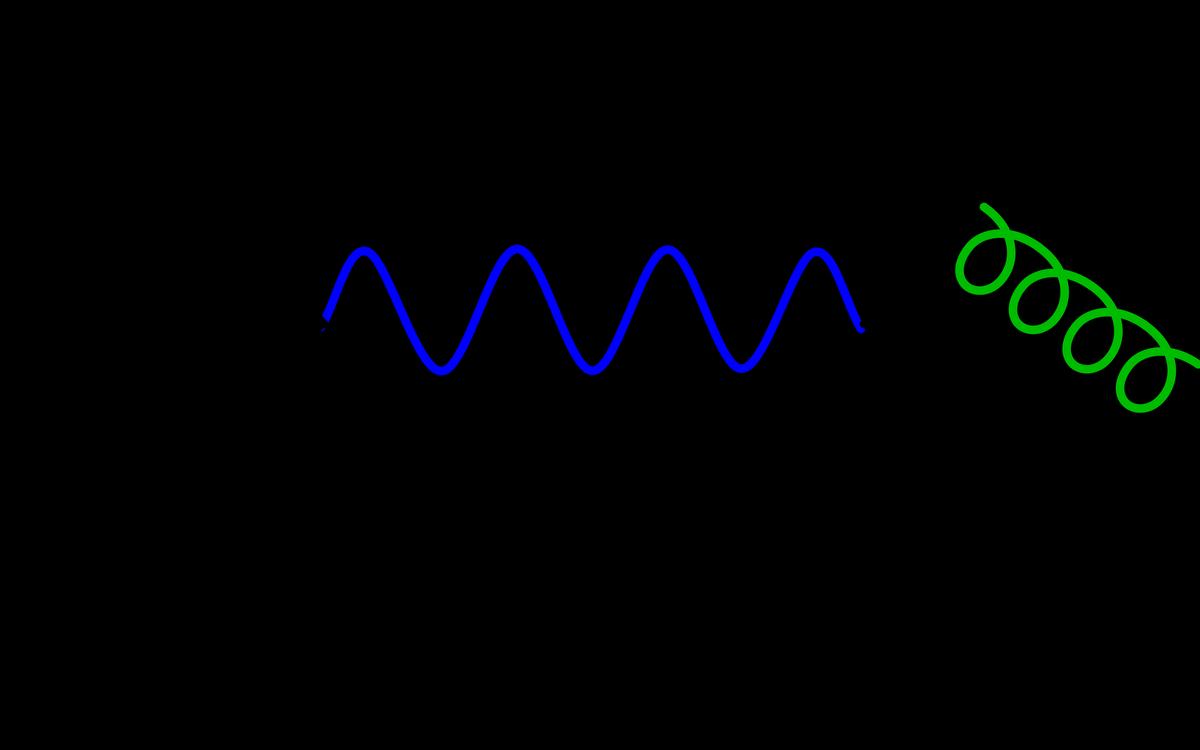


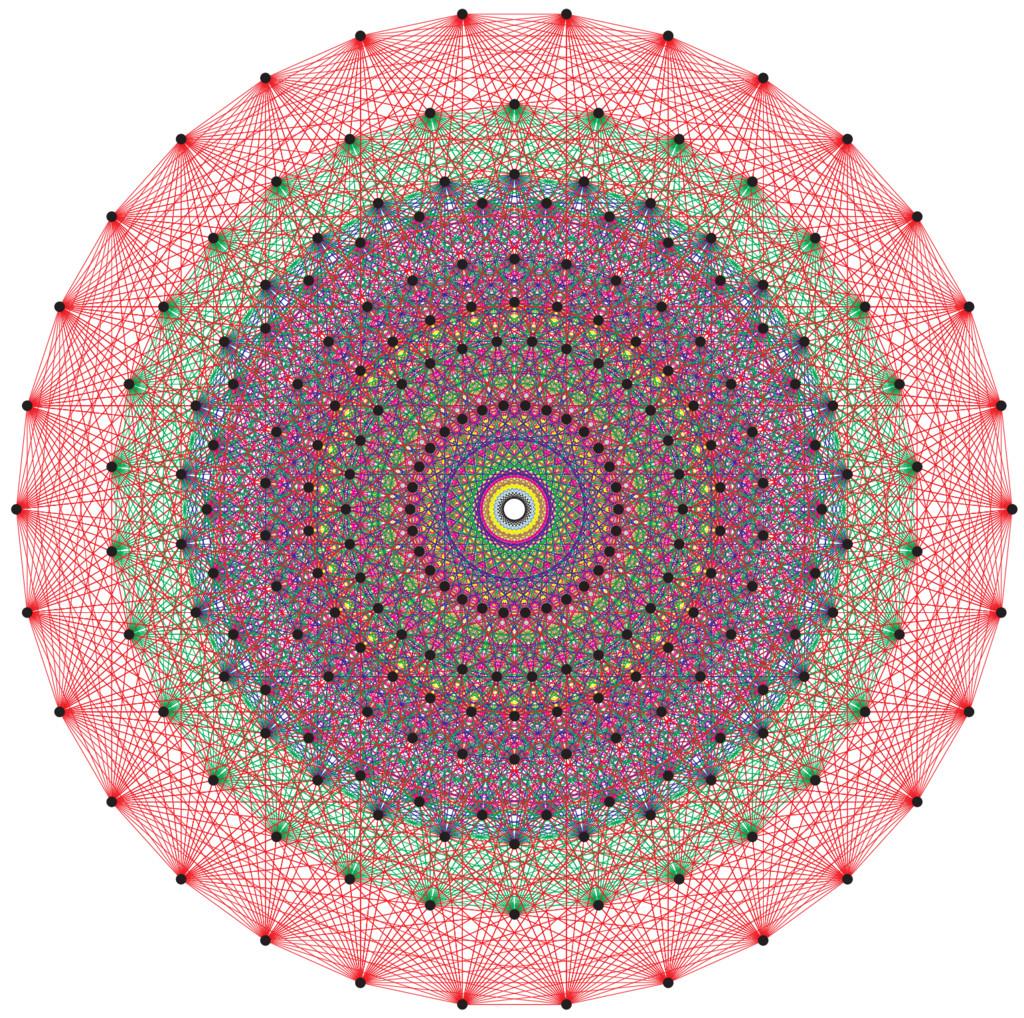


Sanko-time is a concept developed by [Larry Achiampong] that relates to the Ghanaian Twi word Sankofa, which roughly translates as ‘to go back for what has been left behind’ and alludes to using the past to prepare for the future. [...] Sanko-time takes the listener through a rich soundscape connected by the Greenwich Meridian.
Threaded with a powerful narrative about the legacy of colonialism from Achiampong, Sanko-time is a hypnotic synthesis of poetry, field recordings and music, including drum loops by the late Tony Allen an Afrobeat pioneer who brought together elements of Ghanaian Highlife and Jazz. The work is infused with the sounds and rhythms of Accra and London, including the lapping waves of Jamestown (the fishing harbour in Accra) and the water of the Royal Docks, as well as the street sounds of Accra’s Makola Market. The tides and empires explored in Sanko-time rise and fall to reveal the imprints of histories and the colonial past in our present.
Sanko-time is a concept developed by [Larry Achiampong] that relates to the Ghanaian Twi word Sankofa, which roughly translates as ‘to go back for what has been left behind’ and alludes to using the past to prepare for the future. [...] Sanko-time takes the listener through a rich soundscape connected by the Greenwich Meridian.
Threaded with a powerful narrative about the legacy of colonialism from Achiampong, Sanko-time is a hypnotic synthesis of poetry, field recordings and music, including drum loops by the late Tony Allen an Afrobeat pioneer who brought together elements of Ghanaian Highlife and Jazz. The work is infused with the sounds and rhythms of Accra and London, including the lapping waves of Jamestown (the fishing harbour in Accra) and the water of the Royal Docks, as well as the street sounds of Accra’s Makola Market. The tides and empires explored in Sanko-time rise and fall to reveal the imprints of histories and the colonial past in our present.
Sanko-time is a concept developed by [Larry Achiampong] that relates to the Ghanaian Twi word Sankofa, which roughly translates as ‘to go back for what has been left behind’ and alludes to using the past to prepare for the future. [...] Sanko-time takes the listener through a rich soundscape connected by the Greenwich Meridian.
Threaded with a powerful narrative about the legacy of colonialism from Achiampong, Sanko-time is a hypnotic synthesis of poetry, field recordings and music, including drum loops by the late Tony Allen an Afrobeat pioneer who brought together elements of Ghanaian Highlife and Jazz. The work is infused with the sounds and rhythms of Accra and London, including the lapping waves of Jamestown (the fishing harbour in Accra) and the water of the Royal Docks, as well as the street sounds of Accra’s Makola Market. The tides and empires explored in Sanko-time rise and fall to reveal the imprints of histories and the colonial past in our present.